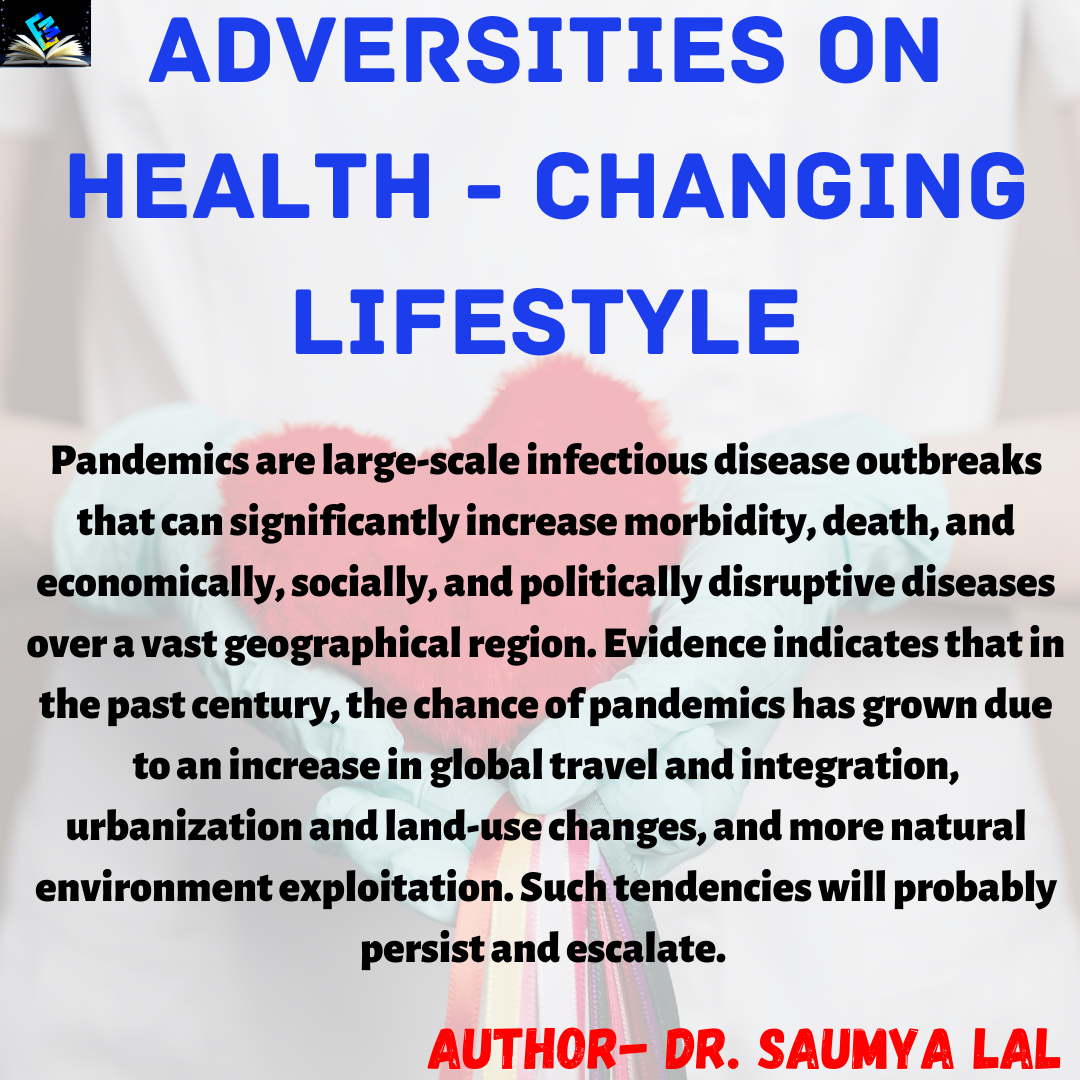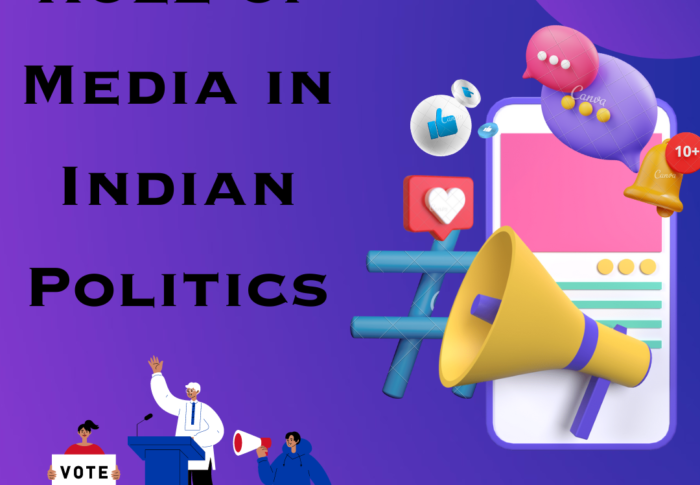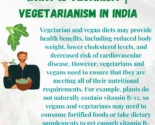
Adversities on Health – Changing Lifestyle
Changing Lifestyle and resulting Adversities on Health – Pandemic consequences.
Author: Dr. Saumya Lal
Pandemics are large-scale infectious disease outbreaks that can significantly increase morbidity, death, and economically, socially, and politically disruptive diseases over a vast geographical region. Evidence indicates that in the past century, the chance of pandemics has grown due to an increase in global travel and integration, urbanization and land-use changes, and more natural environment exploitation. Such tendencies will probably persist and escalate. The need to recognize and control developing epidemics, which may result in pandemics, and to increase and sustain investment to enhance readiness and health capacity has been significantly focused on policy. COVID-19 impacted daily life, companies, global trade, and movements quickly. Early identification of the condition is essential if the transmission of the virus is to be controlled because it is transferred from person to person extremely quickly. Most countries have decelerated the manufacture of their goods. The cause of the sickness affects the different businesses and sectors, including the pharmaceutical, photovoltaic, tourist and information industries. This infection has a major knock-on effect on individuals’ daily lives and the worldwide economy. Currently, COVID-19 has significant effects and far-reaching implications in everyday life. These can be broken down into many categories:
Healthcare
• Difficulties in the diagnosis of suspected or confirmed cases and quarantine
• High operating load of the present healthcare system
• Other diseases and health concerns are being overlooked in patients
• Overburden for doctors and others who are at very high risk
• Medical stores overload
• High protection needs
• Medical supply chain disruption
Economic
The production of vital products has slowed Down
• Disrupting the product supply chain
• Losses in domestic and foreign companies
• Market poor cash flow
• Revenue growth is significantly slowing
Social
• The service sector cannot offer its adequate service
• Cancelation or delay of sports and competitions of significant size
• Avoid national and international travel and services cancellation
• Disruption of cultural, religious, and holiday celebrations
• Unfair population stress
• Social distance between our peers and members of our family
COVID-19 influenced the global economy’s supply sources and impacts. Travel from one country to another is restricted. Several instances are found to be positive during travel when tested, particularly during foreign visits. The focus is always on identifying the instances impacted by COVID-19 from all governments, health organizations, and other authorities. Heads of healthcare are now struggling to preserve the quality of healthcare.
Pandemic has affected and highlighted the vulnerability of the whole food chain. Farmers have not been able to access the markets, including to purchase and sell inputs, and agricultural labourers from harvesting crops. This has been done to disrupt domestic and international food supply chains and reduce access to nutritious, safe, and diversified diets. The epidemic has decreased employment and endangered millions of lives.
A million farmworkers – wage-earners and self-employed – frequently endure high labour poverty, hunger, low health, and a lack of safety and work-related protection as well as various forms of maltreatment while they feed the globe. Many are encouraged to continue working with poor, hazardous earnings and a lack of social aid, frequently exposing themselves and their families to further hazards. In addition, they may use negative coping mechanisms, such as asset distress sales, predatory loans, or child labour, while facing the loss of income. Ensuring safety and the health of all agri-food workers, from primary producers to processors, transport, and retailers, including on the roads, will be crucial to saving lives and protecting public health, people’s livelihoods as well as food security. It will also provide a stronger environment for agri-food workers.
Food safety, public health and employment, and labour problems combine in the COVID-19 dilemma, in particular the health and safety of employees. In tackling the human component of the crisis, it will be important to respect occupational safety norms and guaranteeing access to decent employment and protect labour rights in all industries. Increasing social protection to universal health and financial assistance for those most impacted should entail prompt and deliberate action to preserve lives and livelihoods. These include informal labourers and low-paid, poorly protected employment, including youth, elderly employees, and migrants. Various types of support are crucial, including cash transfer, child allowances and nutritious school meals, housing and food assistance projects, job and rehabilitation help, and financial support for businesses, including micro, small and medium-sized companies. Governments need to engage closely with companies and employees when formulating and implementing such policies.
The COVID-19 epidemic has resulted in a worldwide catastrophic loss of life and represents unprecedented public health, food, and work issue. Tens of millions are in danger of sliding into severe poverty, while the number of undernourished people, presently estimated at 690 million, might rise by up to 132 million by the end of the year. The financial and social upheaval produced by this epidemic is catastrophic.
The impacts of COVID-19 are especially exposed to the countries which deal with existing humanitarian crises or catastrophes. It is important to respond quickly to the epidemic while ensuring that the most in need are reached through humanitarian and recovery aid.
Now is the moment, especially in rising and developing countries, for global solidarity and support, with the most vulnerable in our communities. Only with one hand can we overcome a pandemic’s interconnected health and social and economic consequences and avoid its escalation into a lengthy humanitarian disaster and food security with the possible loss of development achievements previously gained.
In response to the difficulties faced by the health and agri-food industry, we need to establish long-term sustainable solutions. The priority is to face underlying challenges for food security and malnutrition, to combat rural poverty, in particular by increasing and improving rural economy jobs, to extend the protection of society to all, to facilitate safe migration, and to promote informal economy officialization. The main priority should be addressed.
The future of our environment must be rethought with ambition and urgency, as we deal with climate change and environmental degradation. This is the only way to preserve the health, livelihoods, food safety, and nutrition of everyone and make sure our “new normal” is better.
Mail us at info@edumound.com






